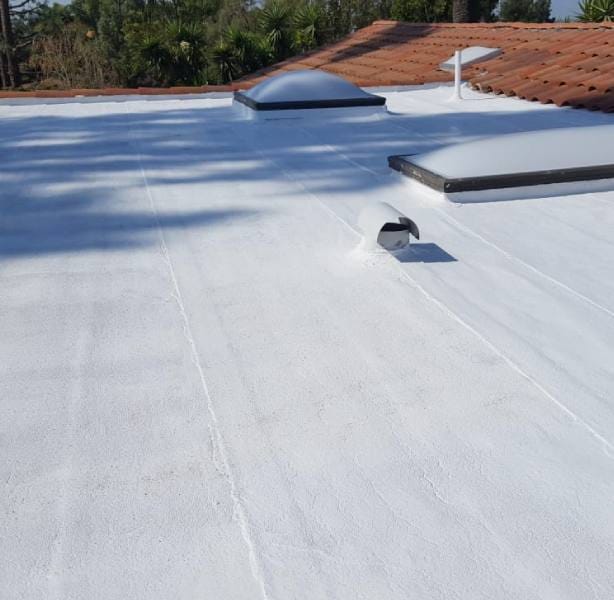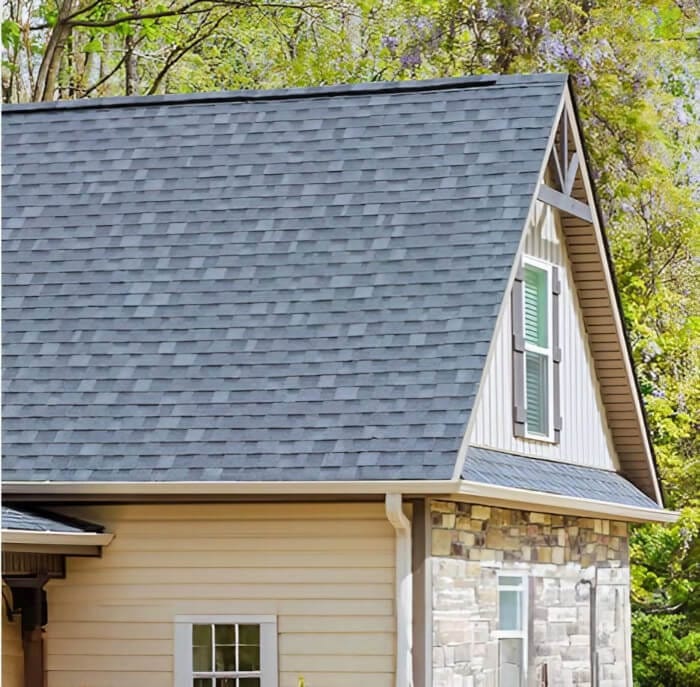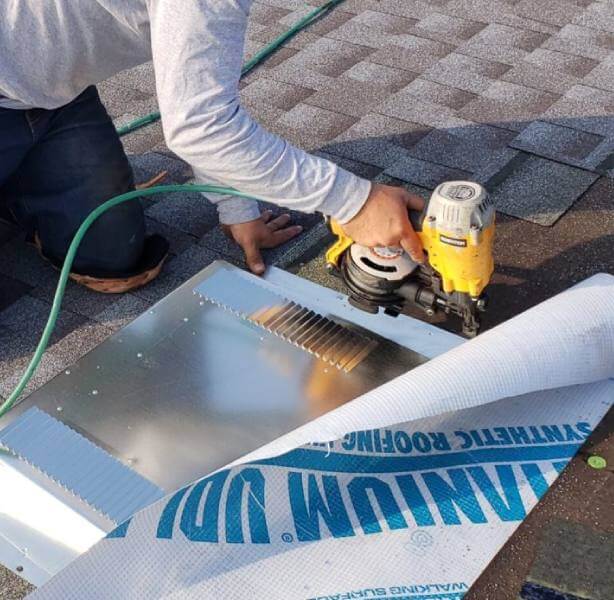Top Picks: Finding the Best Roofing Materials for Your Commercial Building
Introduction
When it comes to commercial buildings, the roofing system plays a pivotal role in the overall structural integrity and aesthetic appeal. Selecting the right roofing materials is not merely about aesthetics; it directly affects energy efficiency, longevity, maintenance costs, and even tenant satisfaction. Whether you’re constructing a new facility or replacing an old roof, understanding the various roofing options available can save you time and money in the long run.
In this comprehensive guide, we aim to explore top picks for roofing materials suitable for commercial buildings. By delving into each option’s pros and cons, installation methods, and factors to consider when choosing a commercial roofing company near me, we will help you make an informed decision that best suits your needs.
Why Choose the Right Roofing Material?
Impact on Longevity and Durability
Choosing the right roofing material can vastly influence your building's lifespan. Different materials come with their unique durability characteristics. For instance, metal roofs are known for their longevity but might require additional insulation.
Economic Considerations
The initial cost of a roofing system may be enticingly low, but over time, maintenance and repair costs can add up significantly. Investing in higher-quality materials upfront can lead to savings down the line.
Energy Efficiency Factors
With energy costs rising globally, selecting energy-efficient roofing materials can lead to substantial savings. Reflective surfaces can reduce cooling costs during hot months, making them an appealing choice for many commercial structures.
Top Picks: Finding the Best Roofing Materials for Your Commercial Building
When searching for suitable roofing materials for your commercial building, several options stand out due to their performance history, versatility, and cost-effectiveness:
1. Metal Roofing Systems
Overview of Metal Roofing
Metal roofs are popular among commercial property owners due to their durability and low maintenance requirements. Typically made from steel or aluminum, they offer excellent protection against harsh weather conditions.
Pros of Metal Roofing
- Long lifespan (30-50 years)
- Resistant to extreme weather
- Energy-efficient
Cons of Metal Roofing
- Higher initial cost
- Can be noisy during rain
- Requires skilled installation
2. TPO (Thermoplastic Polyolefin) Roofing
What is TPO Roofing?
TPO is a single-ply membrane widely used in commercial buildings thanks to its cost-effectiveness and ease of installation.

Pros of TPO Roofing
- Affordable
- Energy-efficient with reflective surface
- Easy to repair
Cons of TPO Roofing
- Shorter lifespan compared to other options (15-20 years)
- Vulnerable to punctures if not properly maintained
3. EPDM (Ethylene Propylene Diene Monomer)
Understanding EPDM
EPDM is another single-ply rubber roofing membrane favored for its resilience and flexibility.
Pros of EPDM
- Excellent resistance to UV rays
- Durable (lasts 20+ years)
- Low maintenance requirements
Cons of EPDM
- Dark color absorbs heat
- Requires professional installation
4. PVC (Polyvinyl Chloride) Roofing
Exploring PVC Roofs
PVC roofs are known for their chemical resistance and durability, making them ideal for industrial applications.
Pros of PVC
- Fire-resistant properties
- Highly reflective surfaces that improve energy efficiency
- Long lifespan (upwards of 25 years)
Cons of PVC
- Higher material costs than TPO or EPDM
- Installation requires specialized skills
5. Built-Up Roofing (BUR)
What is Built-Up Roofing?
This traditional method consists of multiple layers of asphalt and felt that create a robust barrier against water intrusion.
Pros of BUR
- Proven longevity (up to 30 years)
- High fire resistance
- Good insulation properties
Cons of BUR
- Heavyweight requires strong structural support
- Longer installation time compared to single-ply membranes
Factors Influencing Your Choice
Climate Considerations
Different regions experience varying weather patterns; understanding your local climate will guide your selection process effectively.
Building Structure
The type and design of your building may require specific types of roofing systems that suit its architectural style and load-bearing capabilities.
Budget Constraints
Be clear about your budgetary limits before diving into options; some materials may seem affordable initially but could incur high long-term costs.

Installation Process Overview
Choosing a reliable commercial roofing company near me is crucial as improper installation can lead to costly repairs later on. Here’s a brief overview:
FAQs About Commercial Roofing Materials
1. What are the most durable commercial roofing materials?
Durable options include metal roofs and built-up roofing systems due to their long lifespan and resilience against weather conditions.
2. How much does commercial roofing typically cost?
Costs vary significantly based on material choice but generally range from $3 – $12 per square foot installed.

3. Can I install my own commercial roof?
While DIY might seem appealing, it’s advisable to hire professionals as improper installation can void warranties and lead to significant issues later on.
4. How do I maintain my commercial roof?
Regular inspections every six months or after severe weather Renton commercial roofing experts events will help catch minor problems before they escalate into major repairs.
5. What’s the best option for flat roofs?
TPO or EPDM membranes are often recommended because they’re lightweight yet highly effective at preventing leaks.
6. Should I consider energy-efficient options?
Absolutely! Energy-efficient roofs lower utility bills over time while contributing positively towards sustainability goals.
Conclusion
Navigating through various types of roofing materials can feel overwhelming at first glance; however, armed with knowledge about different options like metal roofs, TPO systems, or built-up methods allows you to make informed decisions tailored specifically toward your building’s needs! Always consult with professionals from a reputable commercial roofing company near me so that you receive guidance throughout every step—from selection through installation—to ensure optimal results that last well into the future!
By focusing on quality materials combined with professional expertise ensures both peace-of-mind as well as enduring value—two integral considerations when investing in any part of your business infrastructure!